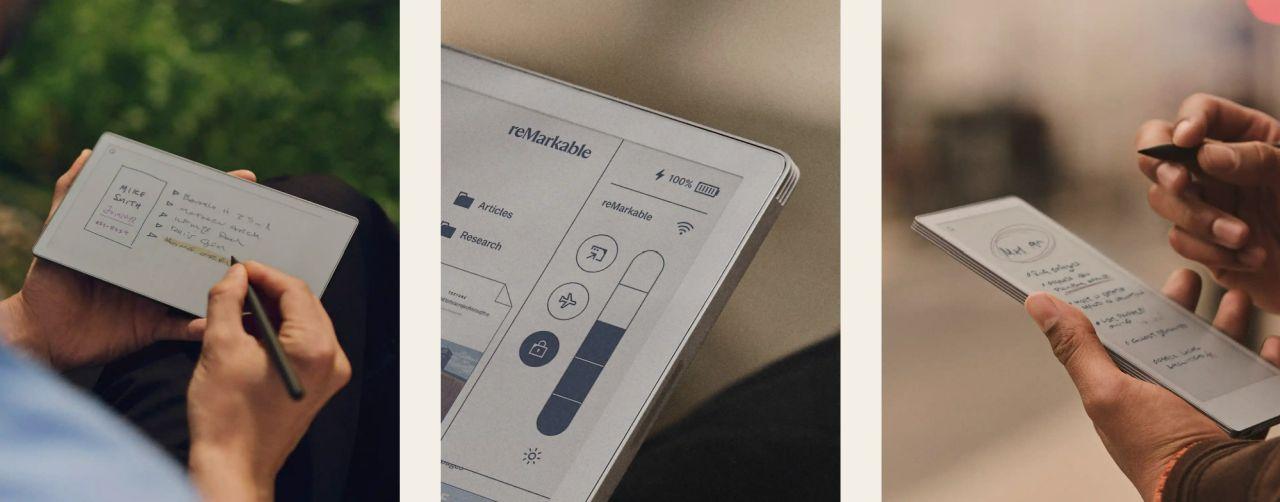
How 5 Inspiring Health Tech Startups are Responding to Covid-19
As the number of Covid-19 cases soars around the world, a shortage of medical supplies, personnel, and protective equipment heightens the virus’s threat. In underserved areas where health care access is already limited, the danger is even greater. To help overcome this global health crisis, we must tap into the power of innovation to mobilize current resources, alleviate pressure on medical systems, and ensure underserved populations get the care they need.
Today, we are featuring five Solver teams that are working around the clock to adapt their health solutions in response to the Covid-19 pandemic. Whether by simplifying the patient referral process or aiding remote monitoring of patients, these powerful tools are supporting healthcare professionals and the public in the battle against Covid-19.
A Chatbot that Helps Children Understand Covid-19
While many adults anxiously check social media and the news for updates on the virus, children may not have access to information that’s well suited to their needs. This can leave them confused by major changes to their lifestyles. To help kids understand, Aurat Raaj has added compelling and engaging content about Covid-19 to its AI-powered chatbot Raaji.
Originally built to empower girls to better understand reproductive health, Raaji keeps users anonymous while answering questions, and can connect users with human support—often from female healthcare providers—in cases of emergency, or simply for a more empathetic ear.
A Vital Signs Monitor to Track Disease Progression
As a new virus, much is unknown about Covid-19. Therefore, technologies that can enhance the understanding of disease progression in infected patients is of great value. This includes the monitoring of vital signs such as pulse rate, respiratory rate, and temperature. Neopenda, the creator of a neonatal vital signs monitor for low-resource settings, is stepping up with a plan to adapt its products to monitor adults with Covid-19.
Neopenda’s wearable device integrates vital signs monitoring and collects continuous sensor data at the point of care. The wireless device sends data from multiple patients to a single tablet. The tablet enables health care workers to view the health status of patients in real time, and it sends alerts if patients’ vital signs go outside a healthy range.
An AI-Powered Online Covid-19 Self Assessment
Is it the seasonal flu, or Covid-19? Out of the mounting anxiety, many people may find themselves panicking over simple cold symptoms. To reduce the number of patients visiting hospitals, Ada Health rolled out a Covid-19 symptom assessment to help patients assess their symptoms and refer them to care. Once a user shares their symptoms, Ada asks a series of questions, parsing through symptom combinations and possible conditions.
Ada Health’s AI-based technology can be used by both individual patients and frontline health workers. The app gives individuals instant access to credible, personalized medical expertise through its app. It also equips semi-skilled health workers—such as community health workers, pharmacists, nurses, and midwives—with tools to support accurate diagnosis and recommend appropriate treatment.
Covid-19 Support for Slums in Nairobi
To help underserved populations in rural areas navigate the Covid-19 challenge, Access Afya is continuing to provide primary health care services for low- to moderate-income patients through a chain of microclinics, diagnostic centers, and pharmacies.
Through its Akiba ya Roho program, trained community members conduct mass disease screenings in slums with an intuitive mobile app. The app guides users through a series of simple health questions, community members take basic measurements like blood sugar and pressure, and the app refers high-risk patients to Access Afya microclinics for care and follow-ups. Now, in light of the pandemic, these frontline workers will also be trained and equipped with the right information, equipment, and protocols to screen for and respond to Covid-19.
An Rx Checklist for Healthcare Professionals
Efficiency is everything when responding to a rapidly evolving pandemic such as Covid-19. Doxper, an instant digitalization system of prescriptions and health records, is currently open sourcing a Triage Rx Checklist for healthcare professionals to efficiently refer Covid-19 patients to the next course of clinical care.
Providers use Doxper’s battery-powered pen and customizable coded paper to record notes. The data is securely stored and automatically transferred via bluetooth to the cloud, and then synced across devices. The application integrates with existing e-health records and automatically creates patient files and organizes data in text format. The Triage Rx Checklist will help streamline patient referrals in overburdened health systems.
Would you like to support these startups? Learn how you can directly partner with Solver teams by joining the Solve community as a Member.
An Access Afya health worker gets ready to conduct routine screenings in Nairobi, Kenya. Photo courtesy of Solver Access Afya.
Tags:
- Membership
- Health
Related articles
-
A Visionary Healthcare Innovator: Dr. Mohamed Aburawi on Tech, Healthcare, and Impact Investing
In the newest episode of The Solve Effect, Dr. Mohamed Aburawi shares how building in crisis can spark innovation that lasts.
-
Powered by Purpose: E Ink’s ePaper Technology Takes Aim at the World’s Toughest Problems
Because it draws power only when an image changes—and none at all while static—ePaper reduces energy consumption by orders of magnitude. That single breakthrough unlocks net-zero transit signs, off-grid medical notebooks, and other applications that traditional screens simply can’t power sustainably.
-
The Solve Effect Podcast - Episode 4 - A Tech Maximalist: Atif Javed on Human Connection Through Technology
What happens when a childhood experience becomes the seed for a global movement? In this episode of The Solve Effect, host Hala Hanna sits down with Atif Javed, co-founder and Executive Director of Tarjimly, a nonprofit that connects tens of thousands of volunteer translators with refugees and displaced people worldwide.